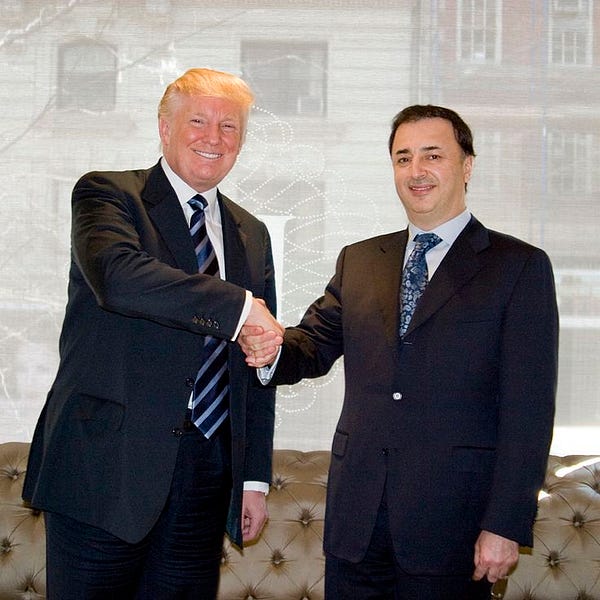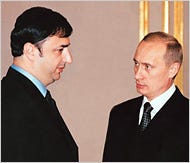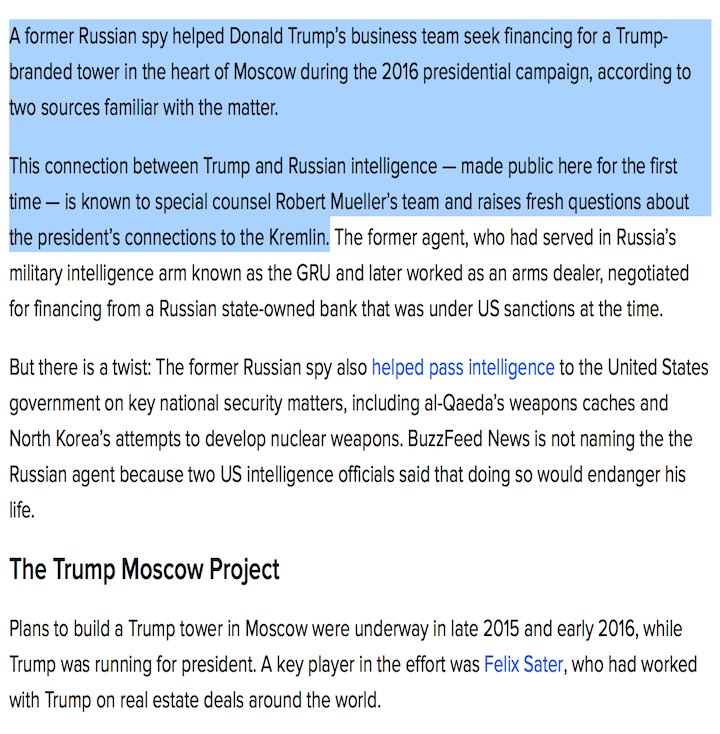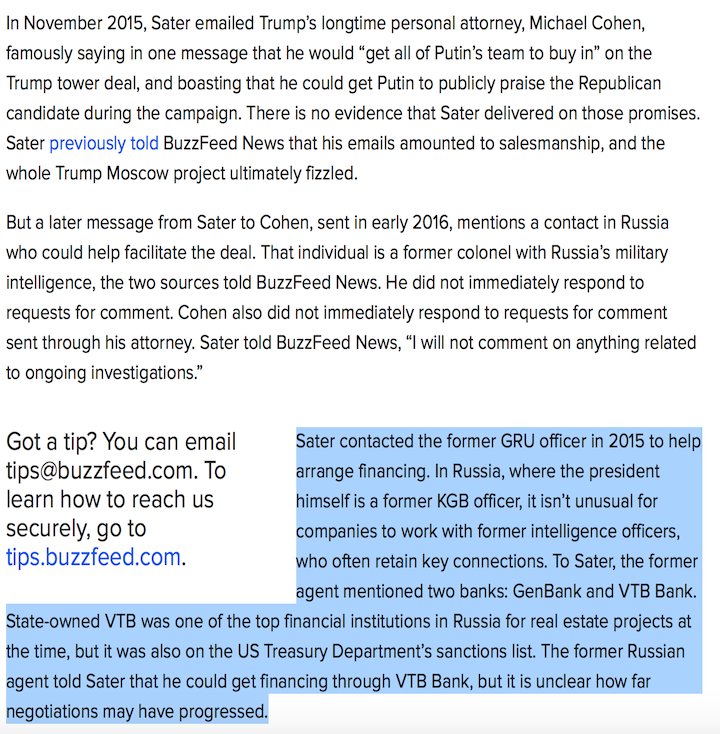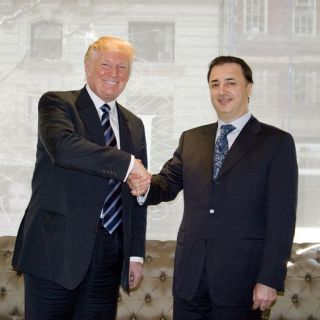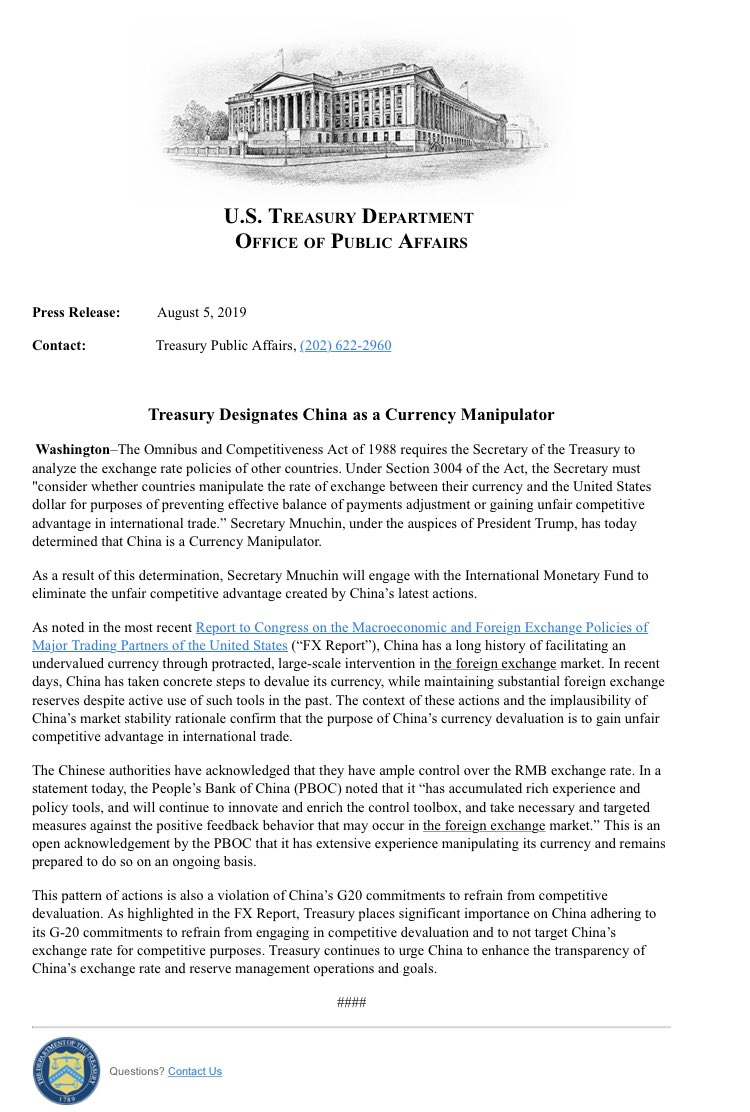No One Has Ever Made a Corruption Machine Like This OneThere’s graft, and then there’s Odebrecht graft.
June 8, 2017, 3:00 AM CDT
Leia em português
Para leer el reportaje en español
By late summer 2015, the men running bribery at the Brazilian construction giant Odebrecht SA were plotting another operation—not to rig a contract, which was their bread and butter, or to meddle in the politics of a sovereign nation, as they’d done on many occasions, but this time to save themselves.
Hilberto Silva, Fernando Migliaccio, and Luiz Eduardo Soares were career Odebrecht men. In the past decade or so, their group, the Structured Operations Division, had helped the company secure contracts to build dams, power plants, airports, and refineries across Latin America. They did it by creating fake engineering, construction, and consulting companies that used secret bank accounts to pay fake invoices submitted by fake customers. At the end of the chain, always, were the people in a position to say yes to another Odebrecht bid.
Often these people were politicians—the company had been bankrolling campaigns in Brazil, including presidential campaigns, going back to when bribery was strictly a cash business. Since the establishment of Structured Operations, Odebrecht had funded plots to elect a half-dozen presidents in Latin America; buy the friendship of heads of state in Angola, Peru, and Venezuela; and pay off hundreds of legislators from Panama to Argentina.
relates to No One Has Ever Made a Corruption Machine Like This One
Featured in Bloomberg Businessweek, June 12-June 18, 2017. Subscribe now.
Photographer: Caroline Tompkins for Bloomberg Businessweek
Now, a lot was on the line. At home in Brazil, the massive corruption case known by the curious code name Lava Jato, or Operation Car Wash, was coming to a head. Brazilian police had discovered Odebrecht’s accounts in the island nation of Antigua and Barbuda and were pressing authorities there to share them. The company’s men were desperate to keep the records hidden.
So Soares, who had a reputation in the office as a man who did what it took to get the hard jobs done, went to Luiz Franca, Antigua’s honorary consul in Brazil. Franca had spent almost a decade overseeing Odebrecht’s financial affairs on the island. Soares asked him for help with a plan to persuade Antiguan Prime Minister Gaston Browne to block Brazil’s request. To get things rolling, Franca invited a respected Antiguan lawyer and consultant he knew, Casroy James, to sit down in Miami for a talk.
Odebrecht proposed to pay James $4 million to help sway the prime minister, the company recently said in a U.S. criminal case. James, in written statements, says he did come to an agreement, but it was not to influence the Antiguan government; it was, he says, to process applications to a government program that offers Antiguan citizenship and a passport to foreigners who invest in the country. James denies any wrongdoing and has pledged to give back some of what he was paid. Odebrecht admits to paying James three installments of €1 million ($1.12 million) each.
relates to No One Has Ever Made a Corruption Machine Like This One
Illustrator: Simon Abranowicz for Bloomberg Businessweek
James succeeded in getting Soares and Franca in front of Browne, an irascible Labour Party leader who’d been elected the year before. They chatted at the grand opening of a terminal at Antigua’s international airport, an airy building another Brazilian construction company had put up within sight of the azure waters of the Caribbean. The Brazilian investigation would be devastating for Antigua’s reputation and image, Soares told Browne. In the days that followed, Soares had meetings with other government officials, making the case that handing over the banking records was a bad idea for everyone.
It was futile. Browne, speaking in mid-April in the Antiguan capital of St. John’s, says he firmly rejected Soares’s entreaties. And, he says, Antiguan police investigators were already assembling volumes of documents for the Brazilian authorities, as required under agreements between the two countries. Structured Operations, perhaps the farthest-reaching, most efficient corruption machine in modern business, was about to run out of road.
relates to No One Has Ever Made a Corruption Machine Like This One
Marcelo Odebrecht is escorted into court. He’s been in jail since 2015.
Photographer: Heuler Andrey/AFP/Getty Images
By Odebrecht’s admission in U.S. District Court in Brooklyn last December, Structured Operations doled out some $788 million in bribes in Brazil and 11 other countries, securing more than 100 contracts that generated $3.3 billion of profit for the company. Odebrecht and petrochemicals affiliate Braskem SA agreed to pay $3.5 billion in fines to Brazil, the U.S., and Switzerland tied to the activities of the division in Miami and beyond. It’s the biggest corruption-related fine ever levied on a company, eclipsing a $3.16 billion fine in Brazil tied to corruption allegations against another target of the Car Wash probe, Brazilian beef giant JBS SA.
For decades, Odebrecht has cultivated a certain corporate lore. It goes something like this: The company’s ascent to the upper ranks of the world’s engineering and construction companies came from an obsession with hard work, expertise, and customer service. Top executives imbibe the teachings of the company’s founder, the late Norberto Odebrecht, via his three-volume guide to best practices, the Odebrecht Business Technology system. But last Dec. 13, when Emílio Odebrecht, Norberto’s 72-year-old son, took a seat before a microphone in a 1970s-era attorney general’s building in Brasília, Brazil’s capital, he described a family empire built on graft.
The company was all he really knew, he said. His father, a soft-spoken engineer who founded Odebrecht in 1944, took him in as an apprentice in high school. By the time Emílio was named chairman and chief executive officer in 1991, spreading illicit cash was a critical part of doing business. Giving a little “help” to the politicians, he said, was what you had to do to get contracts. And if you wanted the best projects, Emílio said, pausing to smooth his closely cropped gray hair, you had to secretly bankroll their political campaigns. “All this that was happening was normal, institutionalized,” he said. “It was something normal in how all those political parties functioned.”
relates to No One Has Ever Made a Corruption Machine Like This One
Illustrator: Simon Abranowicz for Bloomberg Businessweek
Over time, the business of corruption fell to Emílio’s son, Marcelo, who was working his way up the company hierarchy. Year after year, Marcelo told prosecutors, 0.5 percent to 2 percent of revenue was directed to illicit payoffs, mainly to Brazilian politicians and executives of state companies, particularly the national oil producer, Petrobras. Some years, said Marcelo, graft expenses neared 2 billion reais ($611 million). It just depended on the demands of Odebrecht’s political contacts.
Day-to-day bribery ran through black-market bankers called doleiros—dollar men, roughly. They used such nicknames as Kibe and Esfirra, which are popular Middle Eastern snacks served in bars across Brazil. One alleged doleiro, a Chinese national nicknamed Dragon, used São Paulo’s discount shopping district, known for big crowds and cash transactions, as a base to deliver money in armored cars.
“Well, when you are working with cash that’s off the books, it can disappear”
Higher-level clients were still handled by Emílio, who tried to describe himself in court as a corporate diplomat of sorts. He attended to the needs of heads of state—his A-list included the late Venezuelan strongman Hugo Chávez and José Eduardo dos Santos, who’s ruled Angola since 1979. “These were the people I couldn’t pass on,” Emílio said, “so I kept giving help to these people.” But no client was more important to Emílio than Luiz Inácio Lula da Silva, the former union leader who won Brazil’s presidency in 2002. Da Silva, known to everyone simply as Lula, was a socialist elected on promises to eradicate poverty and revive the sinking economy. He was a gold mine for Odebrecht. He initiated a torrent of spending on public works, the shipbuilding industry, and Petrobras, and Odebrecht got a huge share of the contracts, rising to become the biggest builder in Latin America. In Brazil, the company was part of a cartel of engineering companies that paid bribes and kickbacks in exchange for being allowed to rig the bidding for contracts, especially at Petrobras. (This was the original focus of the Car Wash investigation.) And as Lula made his push to boost Brazil’s influence in the developing world, Odebrecht funneled cash to his allies across the region. (Lula, via statements published on his website, denies any involvement in wrongdoing by Odebrecht or its executives. “The former president never authorized anyone to ask for any kind of donation in exchange for any government actions of any kind,” says the website, which acts as Lula’s spokesperson.)
The scale and complexity of the corporate graft machine eventually overwhelmed Marcelo. The company’s operations had grown sharply as Lula jacked up spending on roads, ports, shipyards, and oil production and refining and opened markets outside Brazil. All of it required kickbacks and bribes, and Marcelo couldn’t keep up with the details and the pace. So in late 2006 he offered Silva a new job. Silva had been at Odebrecht since the 1970s, mostly in finance. Like the Odebrechts, he was a Baiano, from the city of Salvador in northeastern Bahia state. His father knew Norberto; the Odebrechts used to have Silva’s family over to their beach house. “I was asked to really clean up that area, not just to attend to solicitations” for graft payments, Silva testified in court after his arrest in March 2016. “Well, when you are working with cash that’s off the books, it can disappear. So they needed someone who could guarantee it wouldn’t disappear.”
relates to No One Has Ever Made a Corruption Machine Like This One
Illustrator: Simon Abranowicz for Bloomberg Businessweek
By early 2007, Silva, an unassuming numbers guy who tends to fidget when he speaks, was in business. His unit was assigned offices inside Odebrecht headquarters in Salvador and São Paulo. Not much later, the group was enshrined in the corporate flowchart as the Structured Operations Division. “I really don’t understand why they gave it that name,” Silva said. Eventually he was assigned Migliaccio, Soares, and four experienced assistants.
The department was supplemented, as needed, by a collection of Odebrecht employees and contractors with special skills—the accountant, for example, who set up the web of front companies, and the computer programmers who designed and ran a secret messaging system. It was encrypted, but just to be sure, everyone got code names: Migliaccio went by Waterloo, Soares was Tushio, and Silva was Charlie.
Silva also hired a Miami lawyer who did the paperwork for the shell companies. In São Paulo, another lawyer drew up contracts for fake services to back up the bribe money. She was so busy, Odebrecht put her on a $6,000-a-month retainer.
relates to No One Has Ever Made a Corruption Machine Like This One
Illustrator: Simon Abranowicz for Bloomberg Businessweek
But nothing could really happen in Silva’s world without banks, and Odebrecht found what it needed in Antigua. It’s a beautiful little island—the tourist board says there are 365 beaches, one for every day of the year—but poor and in some places shabby. In St. John’s, the rutted and often smelly streets are dotted with banks that cater to foreigners. There are 12 of these offshore banks, many just tin-roofed houses with weathered wooden signs slapped on the front. Antigua has a rich history of being used as a haven by international white-collar criminals. Dallas financier Robert Allen Stanford ran a multibillion-dollar Ponzi scheme from Antigua that collapsed in 2009. Pavlo Lazarenko, the former Ukrainian prime minister convicted in 2004 in the U.S. of money laundering, stashed tens of millions of dollars in Antiguan banks.
By late 2010, according to testimony from Franca, Structured Operations had run more than $1 billion through Antigua Overseas Bank, or AOB. The bank was mired in a liquidity crisis, however, and it started to collapse, drawing the attention of Antiguan regulators. More than $15 million was in the account of one of Odebrecht’s biggest and most trusted conduits for bribes, a shell company called Klienfeld Services Ltd., and Silva couldn’t get the money out. He and Franca scrambled; they teamed up with a Brazilian businessman who had money trapped inside the bank and attempted to buy AOB. It was too late: The bank’s compliance people had already filed suspicious-transaction reports with Antiguan banking regulators about Klienfeld and other Odebrecht-related accounts.
feat_bribery_25
Meinl Bank (Antigua), home to 71 secret Odebrecht accounts.
Odebrecht needed another bank. Franca had heard that Meinl Bank AG, based in Austria, had an Antigua branch that was largely inactive. He, Migliaccio, and Soares hatched a plan to buy it. In late 2010, they (along with others who helped manage the graft network) paid about $4 million to acquire 51 percent of Meinl Bank (Antigua). This not only solved the division’s banking needs, it also stood to enrich the men behind it. For every dollar Odebrecht ran through Meinl Bank, the owners would divvy up a 2 percent commission. Franca also arranged to pay himself $10,000 a month on the side. He would help run the bank, mostly from São Paulo.
With all that taken care of, Silva and his team got to work, opening dozens of accounts at Meinl Bank for their fake consulting firms and other companies. Once they were up and running, at least 33 banks fed Odebrecht’s money into at least 71 different Antigua accounts. Meinl Bank AG said in an email that it had “no managerial control or operational insight” into its Antigua branch since selling its majority stake in 2010 and that it sold its residual 33 percent stake in late 2014.
By then, Marcelo had succeeded his father as CEO, and he was fully committed to using the company’s money to help politicians across Brazil and beyond. Campaign consultants João Santana and Monica Moura were a critical conduit. Santana, a Baiano with a gravelly voice and perpetual dark circles under his eyes, ran Lula’s second presidential campaign. He went on to manage both campaigns for Lula’s successor, Dilma Rousseff, who was impeached in 2016. Moura, Santana’s wife and business partner, handled the cash. She came often to Silva to arrange deliveries of funds to the couple’s account in Swiss-based Banque Heritage, via a front company called Shellbill Finance.
In 2009, Santana and Moura testified in court, Lula asked them to go to El Salvador to help manage the presidential campaign of left-leaning candidate Mauricio Funes. That would be the first of seven presidential campaigns Santana and Moura worked on across Latin America and in Angola using Odebrecht funds. (Funes, in a statement published on his Twitter account, denies receiving funds from Odebrecht.) The returns were sometimes astronomical. From 2001 to 2016, Odebrecht made $439 million in illicit payments to officials in 11 countries outside Brazil. In exchange, the company admitted in its settlement of corruption charges in U.S. federal court, the governments of those countries granted Odebrecht contracts that generated $1.4 billion in profit.
“Here, when you use the phone you will be scared, when you use the computer you will be afraid”
By mid-2014, as Brazilian investigators started rounding up Odebrecht’s competitors for bid-rigging and graft in Operation Car Wash, Marcelo Odebrecht worried his people might be next. He ordered Silva to take his operation on the road. “I think you all should go abroad to work because here, when you use the phone you will be scared, when you use the computer you will be afraid. You will be afraid your offices will be bugged,” he recalled telling his men, in sworn statements in Brazil. “And you will fall asleep wondering whether the next day the police will come for you.” Do what you need to do, he told Silva. “The only guidance I gave was, ‘Don’t work in the U.S.,’ ” Marcelo said.
Silva stayed in Brazil. Soares and Migliaccio didn’t quite heed the boss’s advice, either—after considering Antigua, the Dominican Republic, Dubai, and Portugal, they moved their families to Miami and got cover jobs in Odebrecht’s unit in Coral Gables, Fla. Soares secured an apartment in Miami proper, and Migliaccio found a condo in Aventura, a town north of Miami Beach studded with oceanfront apartment towers popular with Brazilians. “He seemed like a really nice man, and once I knew what he wanted I started showing him apartments,” says Patricia Musa, a real estate agent in Miami. Brazilians love buildings with communal pools and barbecues and big apartments with water views, she says. In August 2014 she sold Migliaccio a $1.3 million condo on the sixth floor of the building she lives in, the Peninsula, a three-tower development packed with Brazilian owners.
relates to No One Has Ever Made a Corruption Machine Like This One
Illustrator: Simon Abranowicz for Bloomberg Businessweek
While living in Miami, Migliaccio focused primarily on unwinding Odebrecht’s bribery operation and staying out of jail. He, Silva, and Soares did most of their work in a three-room office in Santo Domingo, the capital of the Dominican Republic—out of the reach, they thought, of U.S. investigators. Just getting the cash to pay off the division’s debts was a complicated business. The company owed one doleiro in São Paulo 70 million reais, and there was a line of others like him. (Odebrecht was such a good customer that doleiros regularly fronted the company cash.) And there were still bribes to be made. Odebrecht said in court that the bribery division continued to do business through 2016, arranging illicit payoffs in Ecuador and Venezuela.
By 2015, Silva was largely out of the picture, having suffered a minor stroke, and Migliaccio was running the operation. His and Silva’s most trusted assistant, Maria Lúcia Tavares, worked from Salvador, her hometown. Tavares, who had been at Odebrecht for decades, liked to wear her hair pinned up, taking on the air of a stern high school math teacher. This belied a powerful job: making sure all payments were booked in an encrypted online accounting system. She was discreet, and because of that she was one of the few people with access to the system.
In June, Migliaccio needed to go over the numbers in detail, and he asked Tavares to fly up from Salvador to help sort it all out. On the 15th she boarded an overnight flight to Miami and settled into a seat in coach. Inside her bag were dozens of spreadsheets chronicling illegal payments. She’d printed them out to make them easier for her boss to review.
After she arrived the next morning, Tavares checked into the Conrad Miami, a five-star hotel at the top of a tower on Brickell Avenue, the main drag in the financial district. Then she did what legions of Brazilians do when they get to Miami: She went shopping. The next day she met with Migliaccio. Two days after that, just after dawn on June 19, three carloads of federal police raided the São Paulo mansion of Marcelo Odebrecht and took him into custody. Within hours he was 260 miles away in Curitiba, sitting inside a communal holding cell with an open toilet in the federal police building where the Car Wash probe is based.
relates to No One Has Ever Made a Corruption Machine Like This One
Illustrator: Simon Abranowicz for Bloomberg Businessweek
When Tavares sat down later that day for another meeting with Migliaccio, he was alarmed. He told her to pack up her files and take them back to Brazil. When she got home, she put the papers away in a closet. There were 200 pages of documents outlining the web of payments. On some printouts she’d handwritten the names and phone numbers of doleiros and executives who’d arranged graft payments, to make it easier to decipher the code names. Other documents listed U.S. bank accounts used to funnel revenue into the secret accounts in Antigua, Panama, and elsewhere. Tavares assumed the documents would be safe until her boss needed them.
And then a rat inside a barbecue grill brought Odebrecht’s multibillion-dollar graft machine crashing down. In early 2015, one of Migliaccio’s neighbors in Aventura discovered the rodent while preparing to fire up a communal grill by the pool. The incident prompted emails about the purchase of a new grill among residents, and one caught the eye of Brazilian Federal Police agent Felipe Pace, a Car Wash investigator who was monitoring Migliaccio. The email was copied to the addresses of dozens of condo owners, including one Pace knew to be Migliaccio’s. But one Hotmail account, called “O.Overlord” (a reference to Operation Overlord, the Allied D-Day invasion of France in 1944), was a mystery to Pace. In January 2016 he secured a court order in Brazil requiring Microsoft Corp. to give him access to the Hotmail account.
Within that account’s in-box, spreadsheets and emails mapped out the daily traffic of the bribery group. One of the spreadsheets had been created by Tavares, which led federal agents to search her home. The files were still in her closet. “When we saw those documents in her house, that’s when we knew,” Pace says. “It breathed new life into the investigation.”
The investigators took the documents to a high-security room on the third floor of the federal police building in Curitiba and giddily leafed through them. When they brought Tavares in, she talked for three days.
relates to No One Has Ever Made a Corruption Machine Like This One
Illustrator: Simon Abranowicz for Bloomberg Businessweek
The principals of Structured Operations were arrested in the vast dragnet of Car Wash. They, along with 75 other Odebrecht employees, have testified in exchange for leniency. Marcelo Odebrecht was convicted of crimes including corruption and money laundering and sentenced to 19 years in jail; in exchange for his cooperation, the sentence was reduced to two and a half years in prison and five years of house arrest. His father, Emílio, was given four years under house arrest. The company said in an emailed response to questions that it wants to “turn the page and leave its errors in the past,” and cited steps it has taken to protect against corruption.
The sometimes riveting videotaped testimony of Odebrecht executives, recently released online, has produced political, economic, and social turmoil across Latin America. Peru shaved a half-point off economic growth forecasts for 2017 because of delays and costs tied to corrupt contracts with Odebrecht. Its former president, Alejandro Toledo, was a visiting scholar at Stanford when Peru requested his extradition; he faces arrest on Odebrecht-related corruption charges if he returns to Peru. He has denied all charges. In the Dominican Republic, where Odebrecht agreed to pay $184 million in fines, the government is selling debt and diverting money from social programs to cover the $900 million needed to finish a power plant Odebrecht didn’t complete after its loans were pulled.
In Antigua, near the top of a steep hill in St. John’s, the Meinl Bank building sits as an unremarkable monument to one of the biggest corporate corruption schemes the world has ever seen. On the ground floor, the shutters are drawn on the empty, dusty space. In December, Antiguan banking regulators removed Odebrecht’s directors and installed a KPMG consultant as administrator, waiting from afar until investigators figure out what happened there. The administrator, Cleveland Seaforth, declined to comment.
The nightmare of unraveling the damage Odebrecht did in Antigua rests with Lieutenant Colonel Edward Croft, a lanky police investigator who runs the Office of National Drug and Money Laundering Control Policy. He does his work from his unit’s cramped quarters inside a military base. Since mid-2015 he’s been fielding a torrent of requests for documents, spreadsheets, and background reports from Brazilian investigators. Recently, Argentina formally requested financial data to help its investigation into Odebrecht. Croft has just two financial crimes investigators, and at least a third of their time is spent getting Odebrecht-related files to Brazil. “It’s been boxes and boxes and boxes,” he says, shaking his head. “It’s a very intense process. It really saps the resources to address this.”
relates to No One Has Ever Made a Corruption Machine Like This One
Illustrator: Simon Abranowicz for Bloomberg Businessweek
Croft’s investigators are looking into Odebrecht’s Meinl Bank accounts. There’s still $77 million in those accounts, which have been frozen by Antigua. People linked to Odebrecht’s bribery enterprise are tying up the island’s courts to get at the money.
Antigua’s prime minister, Browne, is also consumed by Odebrecht-related scandal. In April he was angry, defiant, and at first unwilling to talk about what happened. “I don’t know any of those Odebrecht guys,” he said.
Browne, a former banker himself, says he’s made it his mission to do everything possible to make it harder for criminals to use Antigua as a base for financial crimes. He stridently denies wrongdoing tied to the Odebrecht executives’ payments to Casroy James, which were revealed in the settlement of corruption accusations. “I have never taken a bribe, and anyone who knows me will tell you that I’ll throw anyone out of my office who even hints at such things,” he says, his voice rising in anger.
Browne says the damage Odebrecht wrought in his small country can’t be overstated. The bribery department destabilized his country, and he’s still trying to clean up the mess.
“They were huge crooks, and it hurt Antigua’s image and reputation so much,” he says. “I hope they all spend a lot of time in jail. A lot of time.”
—With Ezra Fieser
https://www.bloomberg.com/news/features ... e-this-one 









